COVID-19 restrictions, global supply chain disruptions, and the impact of the Russia-Ukraine war on energy, food, and metals prices have resulted in the shrinkage of the world’s top two economies—the United States and China.
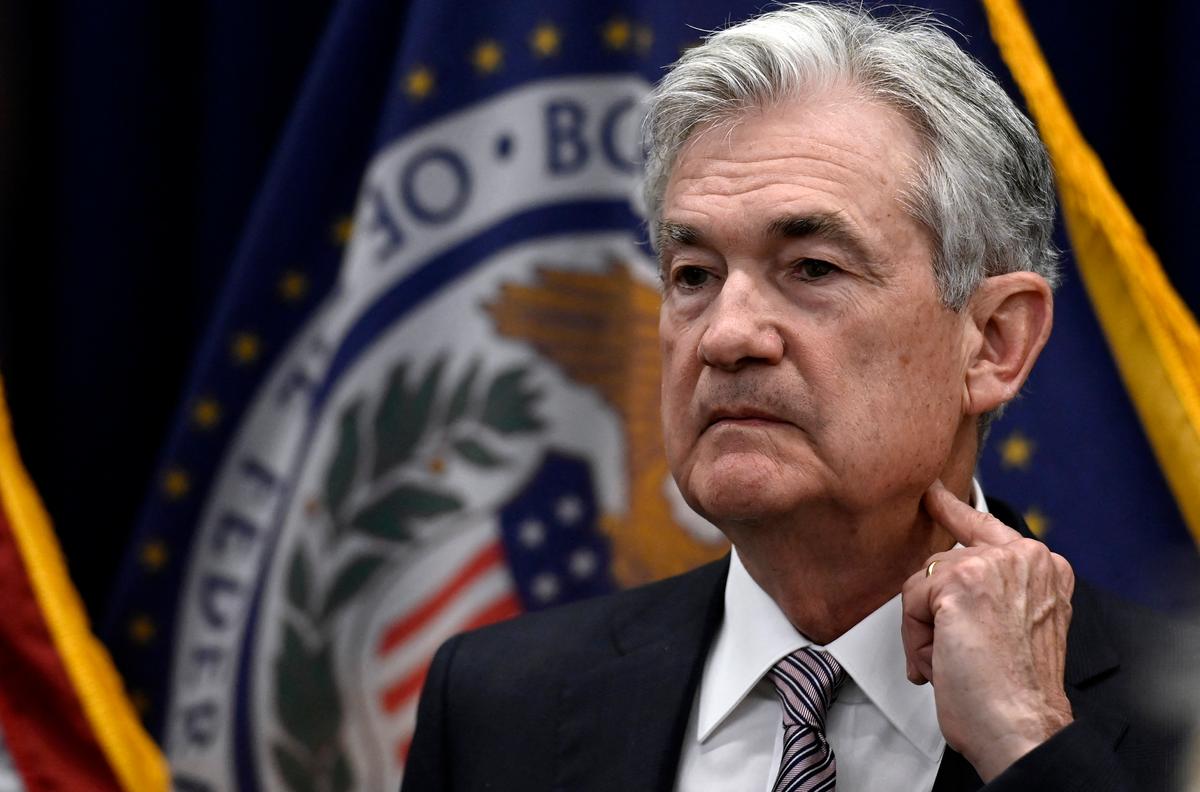
“Overall, the U.S. LEI was essentially flat in recent months, which is in line with a moderate growth outlook in the near term. A range of downside risks—including inflation, rising interest rates, supply chain disruptions, and pandemic-related shutdowns, particularly in China,” the report stated, adding that the recent decline in U.S. LEI was largely due to weak consumer expectations.
LEI is an index published monthly by The Conference Board. It is used to predict the direction of global economic movements in future months, as Investopedia defined.
The report cited COVID-19 restrictions, global supply chain disruptions, and the impact of the war in Ukraine on energy, food, and metals prices as some of the causes for China’s declined economic outlook.
For nearly two months, since April 5, Shanghai—a city of about 26 million people best known as a financial and trade hub of East Asia for more than a century—has been in total lockdown.
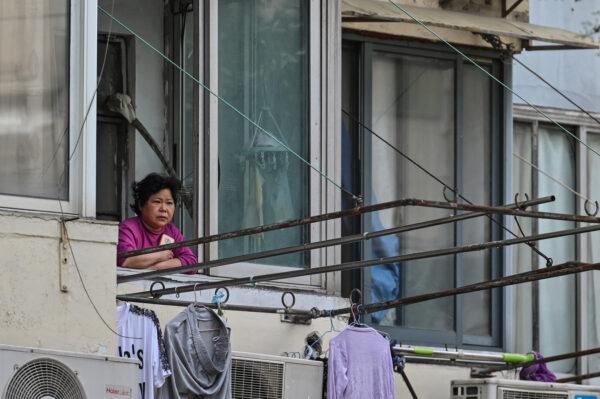
In addition, China’s urban unemployment rate was 6.1 percent in April, 0.3 percentage points higher than in March. Notably, the unemployment rate in those aged 16 to 24 reached 18.2 percent. Major cities, which usually have more stringent zero-COVID restrictions, showed a higher unemployment rate—the urban unemployment rate in 31 major cities was 6.7 percent, according to surveyed data released by the statistic bureau on May 16.
Chairman of China’s National Institution for Finance & Development, Li Yang, disclosed in a public speech last December that the unemployment rate was more than 20 percent in those aged 20 to 24 with college-equivalent education or above. He added that in 2022, the number of college graduates would exceed 10 million for the first time, worsening the unemployment problem among college-educated youth.
“Economic behaviors, such as investment and consumption, are primarily based on the confidence in the future economy,” Tao Rui, a political and economic commentator, told The Epoch Times on May 24. “The most alarming issue about the global economy today is the uncertainty about the future. And that unpredictability in some of the world’s largest economies—[the United States and China]—may lead to a global financial crisis.”
“Nowadays, politicians manipulate and strengthen their power through the crisis and uncertainties, or even create emergencies to empower themselves,” Tao said, adding that the power grabs by the political elites may further worsen the matter.
“If a financial crisis were to break out, its damage would be no less than the 2008 financial crisis … and could plunge every major economy into recession accompanied with widespread humanitarian disasters, similar to what we saw in the Russia-Ukraine war and the Shanghai lockdown.”
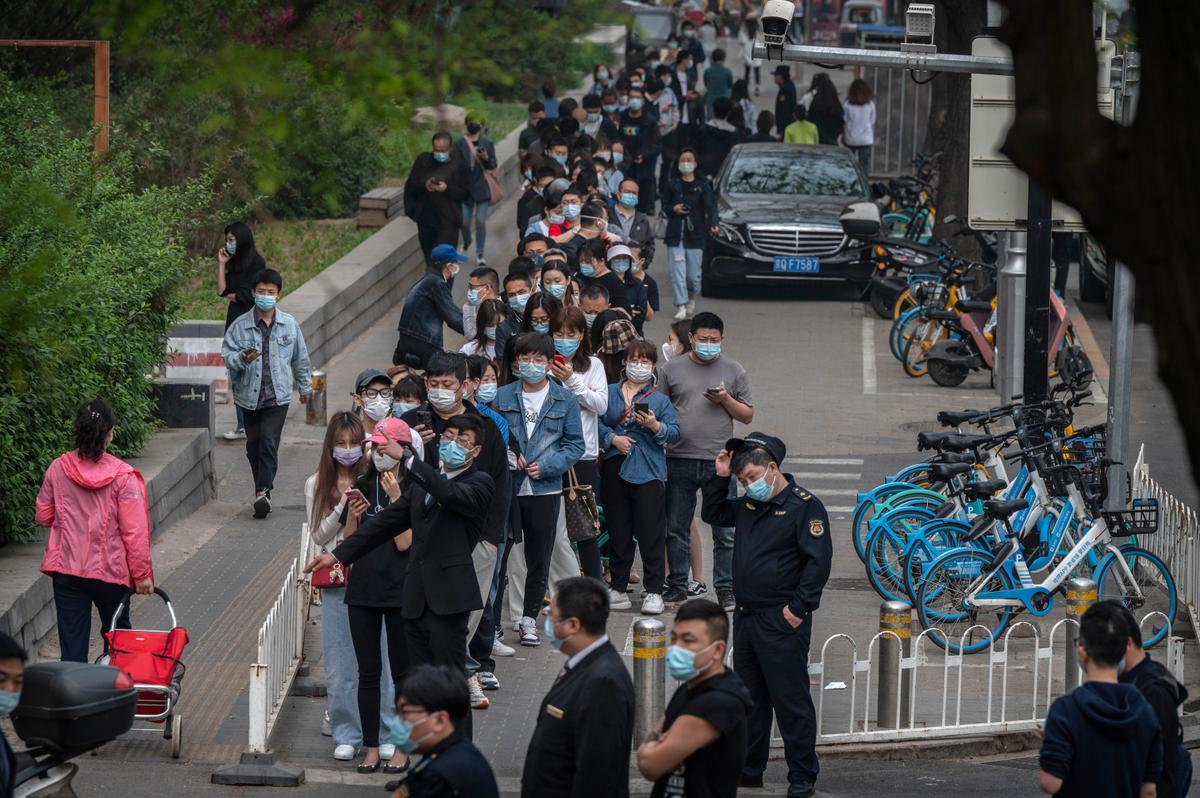


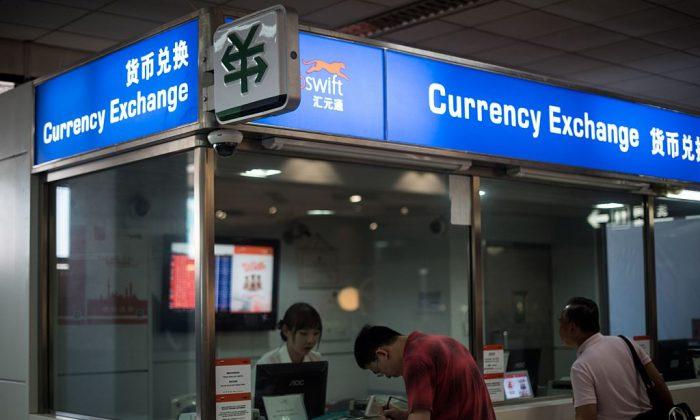
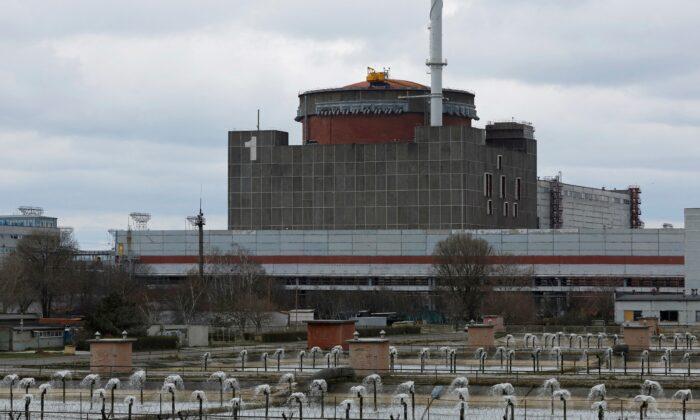
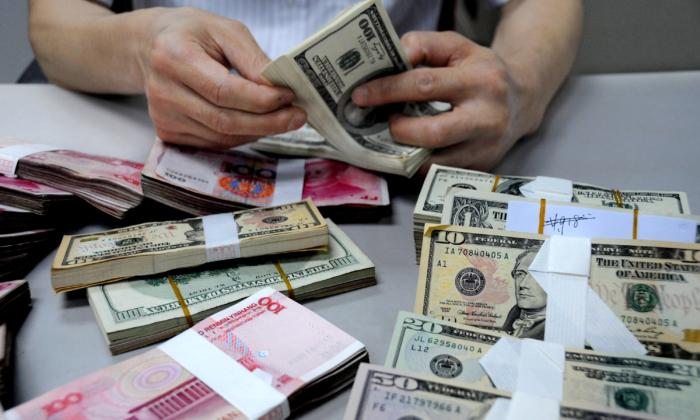

Friends Read Free